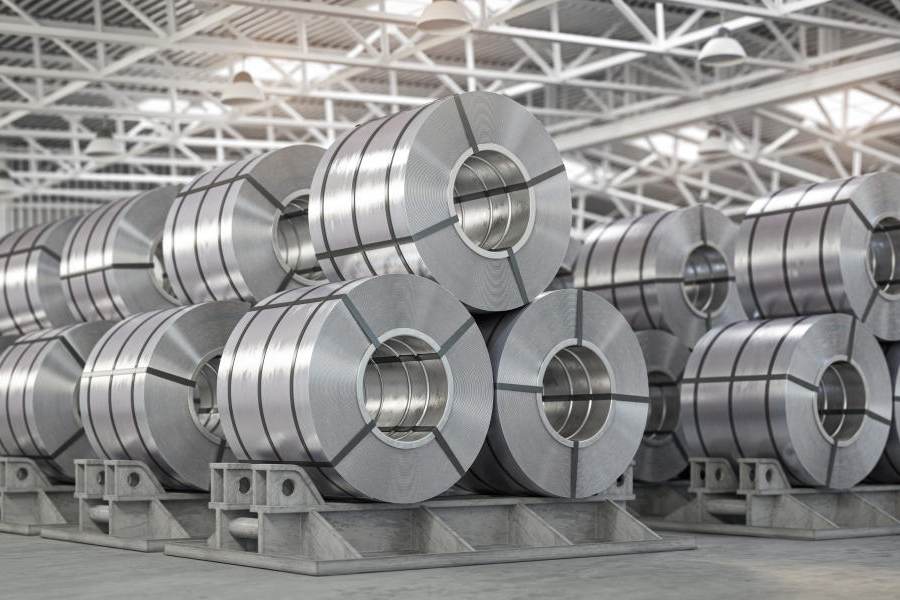India is evaluating the imposition of a safeguard duty of up to 25 per cent on steel imports, aiming to shield domestic steelmakers from an influx of cheap Chinese steel, according to industry and government sources.
A proposal for the safeguard duty gained momentum at a meeting chaired by commerce minister Piyush Goyal on Tuesday, after initial resistance from small industries was addressed with government assurances.
"Large steelmakers will supply MSMEs with steel at reduced prices to ensure affordability," said an industry official present at the meeting.
Additionally, the government plans to provide raw materials to small manufacturers at free on board (FOB) export prices, effectively lowering costs by about 20 per cent, according to Pankaj Chadha, chairman of the Engineering Export Promotion Council of India (EEPC).
The Directorate General of Trade Remedies (DGTR) is currently investigating whether cheap imports, particularly from China, have harmed the domestic steel industry. The safeguard duty, described as a temporary tax, is expected to be implemented after the investigation concludes within a month.
However, imports from FTA partner countries, which account for over 60 per cent of India’s steel imports, will remain exempt due to zero-duty privileges.
Rolling mills
Critics argue that the safeguard duty may disproportionately benefit large steel manufacturers at the expense of over 10,000 small rolling mills, which rely on affordable imports to stay competitive.
Rising raw material costs could force many of these mills to shrink operations or shut down entirely, consolidating market power in the hands of larger producers.
Ajay Srivastava of the Global Trade Research Initiative (GTRI) pointed out that rolling slabs into HR and CR coils adds only 8-10 per cent value, compared to nearly 100 per cent during the initial steelmaking process. "Safeguard actions should focus on protecting primary steel production rather than targeting low-value-addition processes," Srivastava said.











